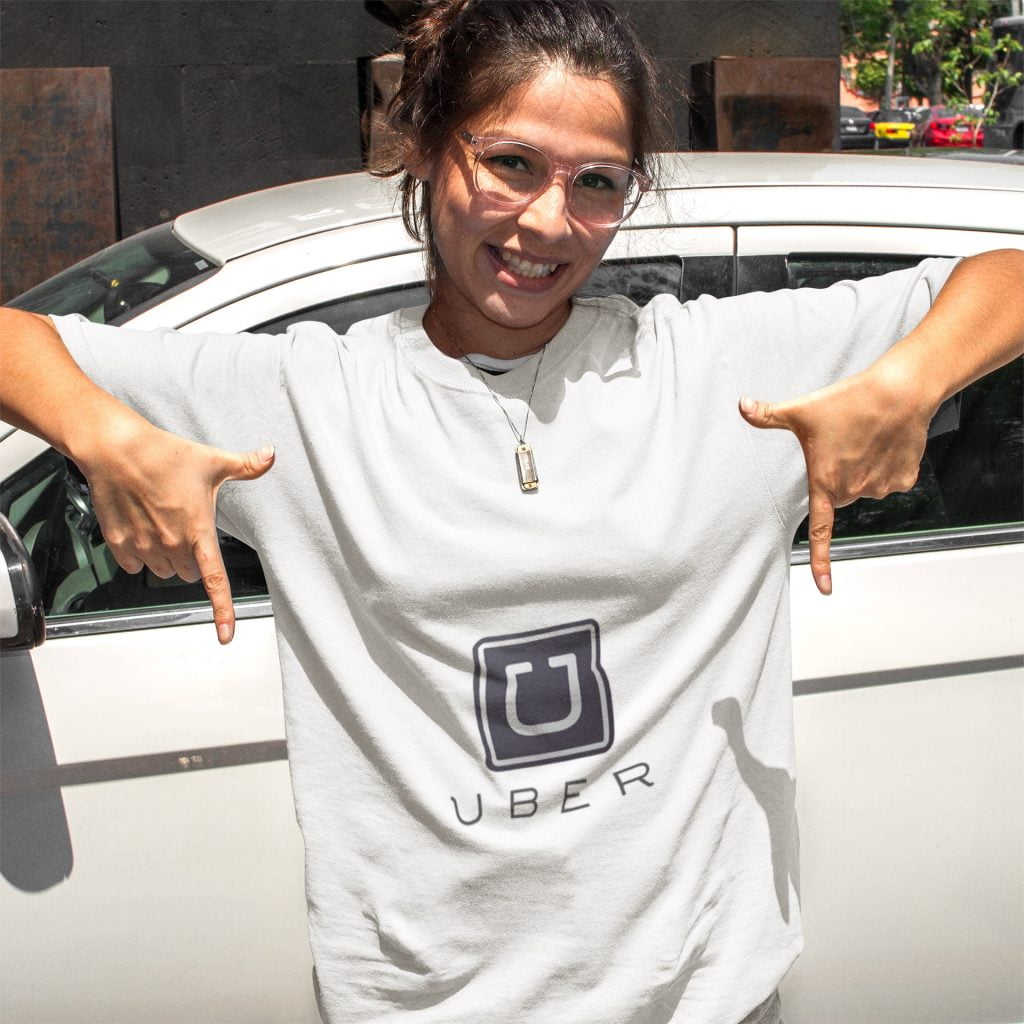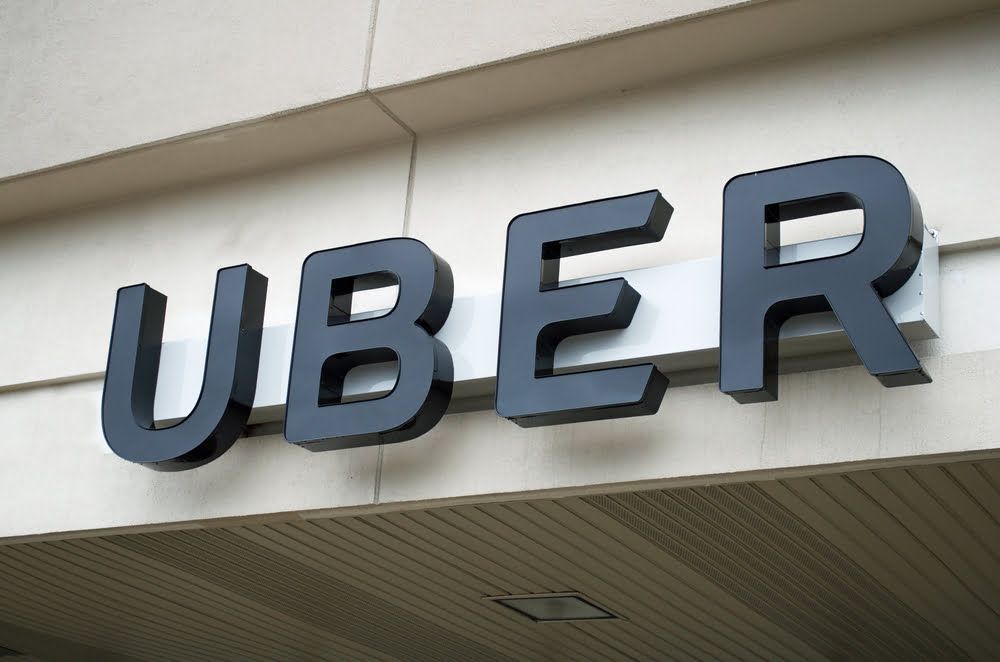The case was started in 2016 by four Uber drivers who say they are not entrepreneurs because Uber limits their entrepreneurial freedom. Lower judges have already put the drivers in favor in 2016 and 2018, but this week the British must Supreme Court to rule on this matter in London. This Uber case is yet another case in the many international lawsuits brought against the company.
Uber plays a game in this and will continue to try to slow down the legal process internationally. On average, a Supreme Court ruling takes between 6 and 9 months. That Uber will not easily accept an unfavorable verdict and will continue to sue for as long as possible is beyond question.
appearance of independence or employment?
The highest court in France sees drivers of the digital taxi service Uber as employees. The French Court of Cassation has ruled in its judgment that when a driver makes contact with Uber's digital platform, there is a relationship of subordination. In that case, the driver is regarded as an employee. What must then be done in the Netherlands to make the same statements and what has the company arranged politically to prevent this?
For self-employment, it must be possible to build on your own clientele, that there must be freedom to set your own rates and that there must be freedom to determine the conditions for the provision of the services. This is not the case with Uber drivers. This judgment therefore has similarities with the Dutch system and the elements that Dutch judges consider when assessing the employment relationship. The same applies to legislation in other Member States.
"If you as a consumer don't want to buy clothes from factories in countries like Bangladesh, where people work under very poor working conditions, don't let Uber drive you around."
Uber has the manpower and money to keep on litigating endlessly. The legal battle over whether Uber is an employer is being conducted internationally. And with success, according to a judgment of the French Supreme Court in March. FNV also has objections to Uber's working methods in the Netherlands and warns government and consumers.
Also read: The tax authorities do not look at self-employed constructions for taxi drivers
"If you as a consumer do not want to buy clothes from factories in countries such as Bangladesh, where people work under very poor working conditions, don't let Uber drive you around."
Gerrit Sayy



